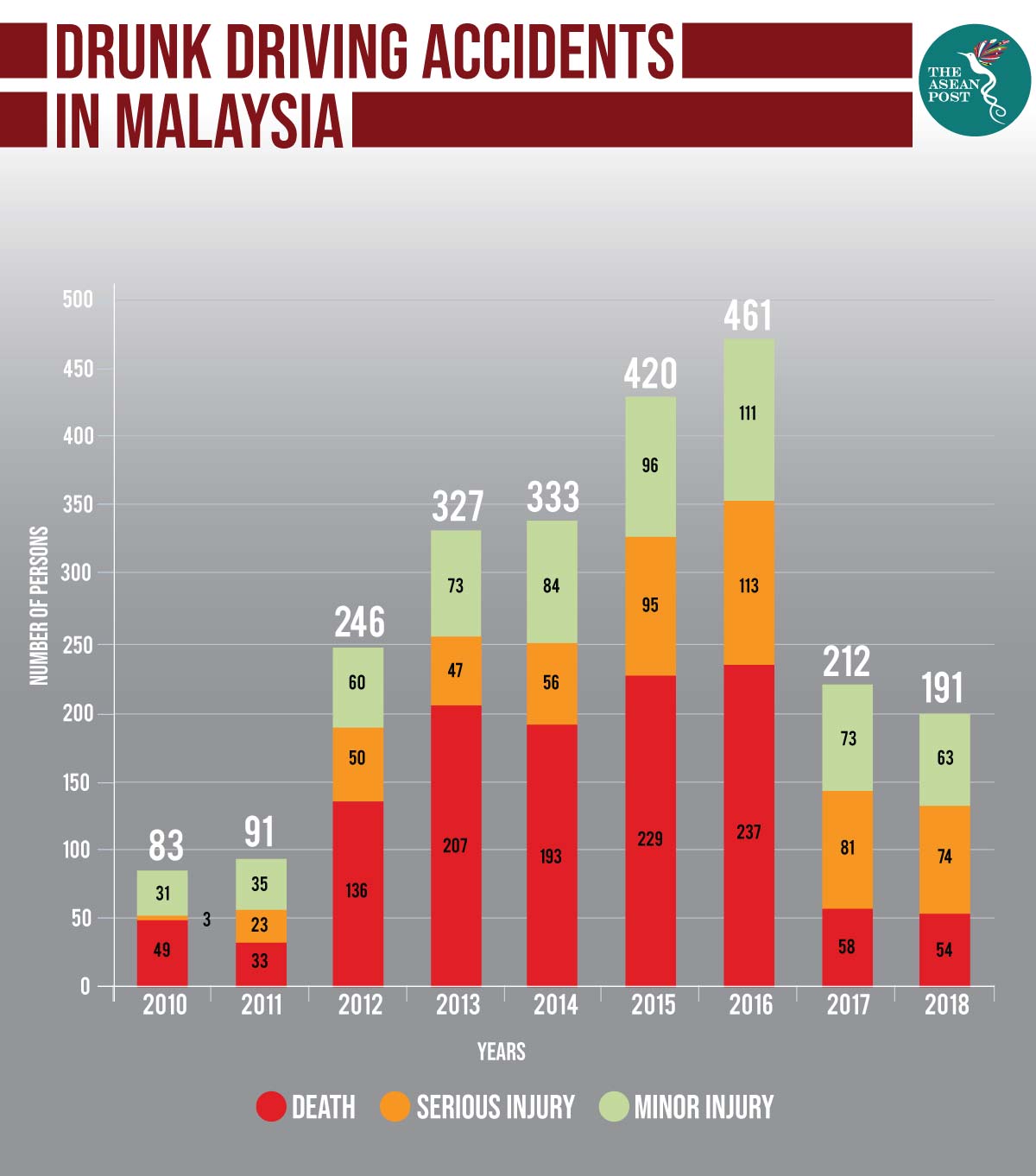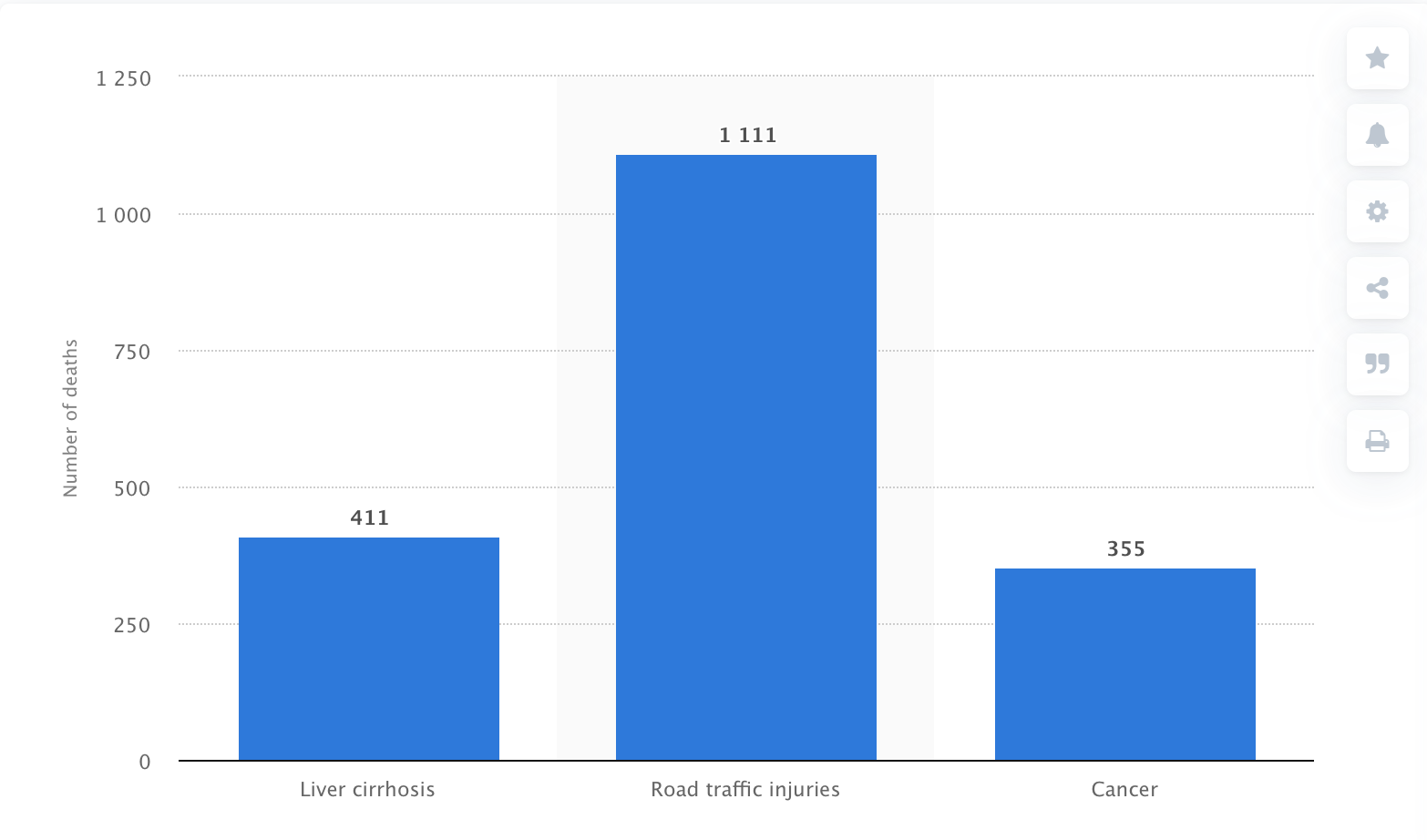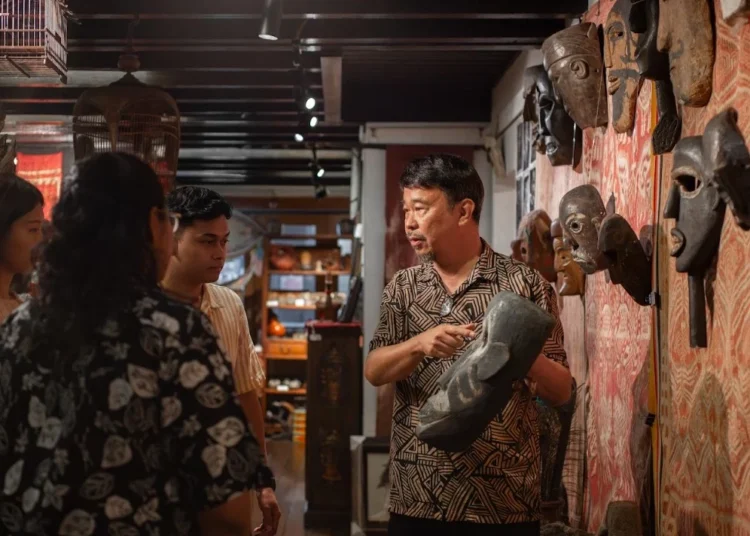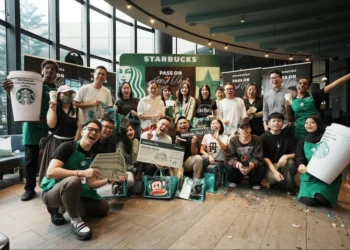Malaysia is considered a small nation, however its alcohol consumption is considerably high in the world. According to statistics provided by the Consumers Association of Penang (CAP), Malaysian Indians who make up approximately 8% of the population, are by far the heaviest liquor consumers, with an annual absolute alcohol intake of more than 14 litres per capita.
Malaysia has an active local spirits industry that produces cheap liquor worth USD$ 43.4 million (RM180 million) each year. Although the per capita intake is seven litres, heavy drinkers are those who consume way too much alcohol, to a point of intoxication. Meanwhile, the intake of beer is 11 litres per capita and is equivalent to that of European countries, renowned for their high alcoholic beverage consumption.

In Malaysia, rural Indian workers from rubber and oil palm plantations, happen to be the biggest contributor to alcohol related violence. Nevertheless, half of the Indians drink alcoholic beverages and toddy (another type of inexpensive alcohol introduced during the colonial period by the British). Off a total number of 200,000 alcohol drinkers, 75% are liquor consumers.
According to the CAP, rural Indians spend about RM22k per year on liquor. These drinks are served in 140ml to 175ml small bottles and they are available for as little as RM1.50 to RM3.

Selling at such extremely low prices, it is clear that these potent beverages are packaged to appeal to the vulnerable in particular. Six bottles a day, which averages out to RM9, is easily consumed by a daily drinker. Therefore, the consumer will spend around RM300 on liquor within a month.
About 86 percent of the Indian population now resides in urban areas, the danger of cheap liquor has raised its ugly head in cities and towns, too. Cheap liquor is available easily everywhere.

The impact on Malaysia can be seen directly in the number of fatal road accidents triggered by drunk drivers or indirectly in the psychological impact due to intoxicated family members. Reductions in motor vehicle deaths, violence, and workplace accidents are correlated with an increase of liquor tax. The government at the same time is doing all it can by promoting the use of liquor permits and conducting periodic spot checks on liquor sale premises.
Follow us on Instagram, Facebook or Telegram for more updates and breaking news.







